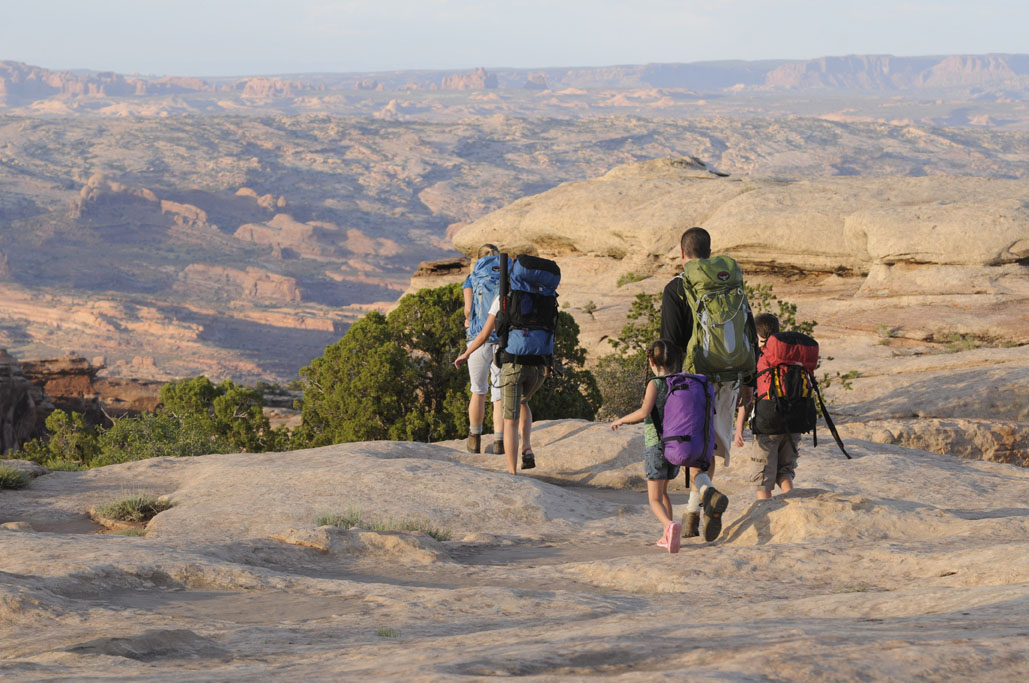If you’ve spent any time on public lands in recent years you’ve undoubtedly noticed the explosive growth in human-powered recreation—hiking, biking, camping, climbing, river running, and horseback riding. In addition to the typical frustrations that come with crowded parking areas, full campsites, and busy trails, this increasing use also brings larger ecological and cultural concerns: the loss of wilderness qualities, impacts to wildlife and habitat, impaired water quality, trampled native vegetation and soil crusts, and damage to irreplaceable cultural sites. Put simply, the current trend is unsustainable.
In an effort to address these issues, the BLM recently released its Blueprint for 21st Century Outdoor Recreation, which aims to “guide investments, partnerships, outreach, and program development to respond to current demand and chart a course to meet future needs.” While not a formal management plan, the Blueprint is a strategic document intended to guide the BLM’s recreation management across the 245 million acres of public land it manages. It’s crucial for Utah’s wild lands—and for those of us who love them—that they get it right.
Unfortunately, the Blueprint is not the “major shift” that the agency claims will enable it to move from reactive recreation management to a proactive approach that better protects natural and cultural resources. Instead, it offers little change from previous strategic plans that have led to the current, untenable situation. With its overall emphasis on meeting demand and increasing access, the Blueprint is largely devoid of measures that prioritize the protection of natural and cultural resources and ensure timely and meaningful implementation on the ground.
While we support the Blueprint’s focus on growing and diversifying funding, improving equitable access, and ensuring that underserved communities and Tribal voices are represented, we have grave concerns that this well-intended document will do little to halt the degradation of wild lands, wildlife, and cultural landscapes.
The BLM is accepting public comments on the Blueprint through Friday, October 13th (extended deadline). Please tell the agency that its recreation management strategy must proactively protect intact wild lands, wildlife, and other natural and cultural resources.

SUWA is one of the only conservation organizations working to develop proactive strategies for managing human-powered recreation on BLM-managed public lands. Our framework strives to answer the question: How does the agency conserve public land resources while also providing for a spectrum of high-quality experiences for a growing and increasingly diverse user base? To achieve this, the science tells us that the agency must shift from a largely reactive posture to one that prioritizes proactive management that protects wild, intact, remote, and/or low-use locations (backcountry) while focusing recreation development and expansion in already impacted areas and near communities (frontcountry).
The Blueprint fails to do this. Indeed, it may very well lead to the opposite result, pushing recreational uses into wild, intact landscapes, further fragmenting wildlife habitat, degrading wilderness qualities, and impacting irreplaceable cultural resources.
Thank you!

